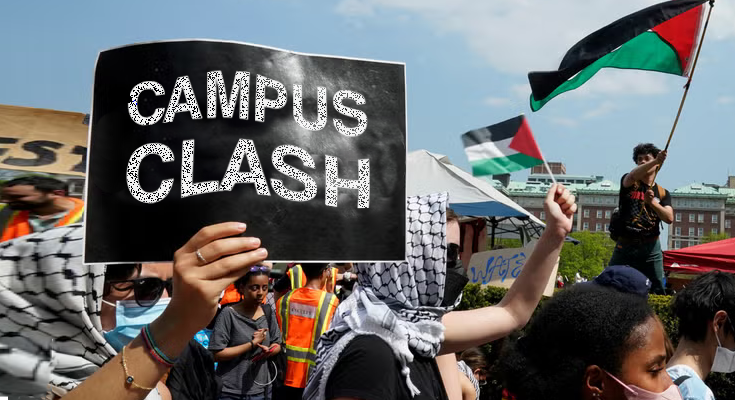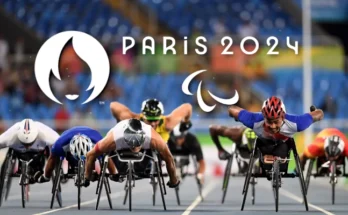The Israel-Palestine conflict has ignited intense debates on college campuses, turning them into arenas of political confrontation. The “Campus Clash” reflects the broader polarization in society, where ideological battles disrupt academic environments and challenge universities’ commitment to free speech and inclusivity.
As political tensions rise, campuses face the dual challenge of fostering critical thinking while preventing division and intolerance. The Israel-Palestine issue exemplifies the complexities universities must navigate, highlighting the need for balanced discourse that upholds intellectual diversity and the educational mission. Finding common ground is essential to ensure a healthy, respectful campus climate amid the ongoing Campus Clash.
Content Overview
Role of Politics on College Campuses: A Double-Edged Sword
College campuses have long been recognized as breeding grounds for political activism and intellectual debate. From the anti-war protests of the 1960s to the civil rights movements, campuses have served as arenas where young minds grapple with the pressing issues of their times. This tradition of activism has been instrumental in shaping public policy and societal norms, making campuses pivotal in the broader political landscape.
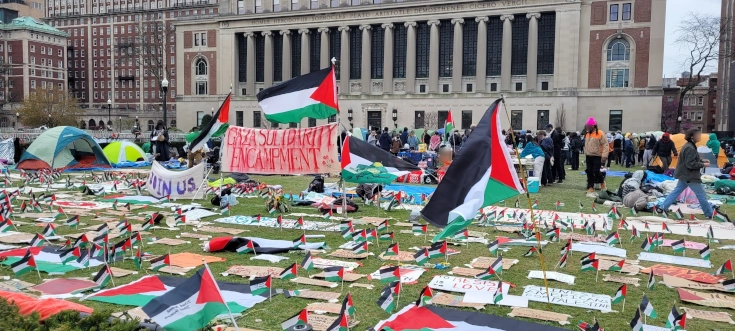
However, the increasing politicization of campuses has sparked a debate about whether this trend is beneficial or detrimental. Are colleges fulfilling their role as incubators of democratic engagement and critical thinking, or are they becoming echo chambers where polarization and division flourish? This question is particularly relevant in today’s climate, where political tensions are high and the line between activism and academic pursuit is increasingly blurred. The term “Campus Clash” aptly captures the essence of these confrontations, where ideological battles play out in the hallways of higher education.
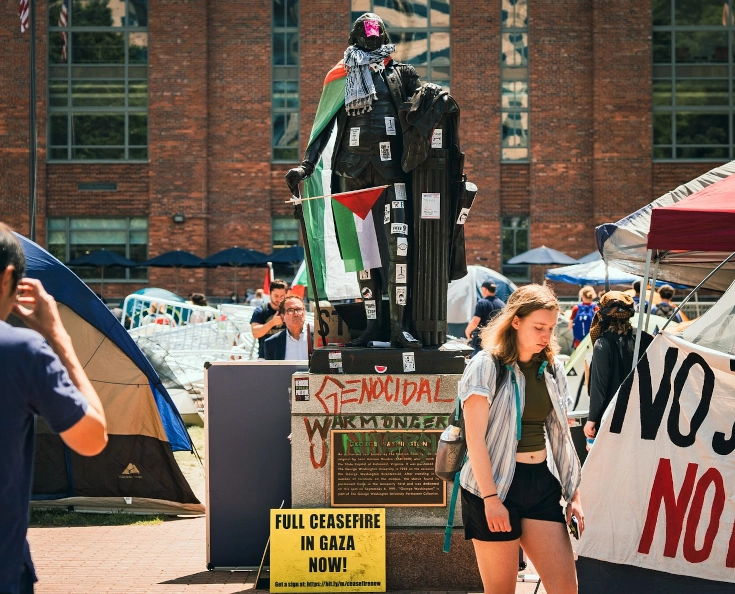
Positive Role of Politics on Campuses
Political engagement on campuses offers several benefits, both to the students and society at large.
- Encouragement of Critical Thinking: One of the primary objectives of higher education is to develop students’ ability to think critically. Political discourse and activism can be instrumental in this process. By engaging with different perspectives and debating contentious issues, students are challenged to question their assumptions, evaluate evidence, and form reasoned arguments. This not only enhances their intellectual growth but also prepares them to participate meaningfully in a democratic society.
- Diverse Perspectives and Inclusive Debates: College campuses bring together students from diverse backgrounds, each with unique perspectives shaped by their experiences and identities. Political activism allows these students to voice their concerns and advocate for issues that matter to them. This diversity of thought can lead to more inclusive and nuanced debates, fostering a deeper understanding of complex social and political issues.
- Leadership Development: Involvement in campus politics often serves as a training ground for future leaders. Whether through student government, advocacy groups, or social movements, students learn valuable skills in organizing, negotiation, and public speaking. These experiences help them develop the confidence and competence needed to lead and inspire others in various spheres of life.
- Catalyst for Social Change: Throughout history, student movements have played a crucial role in driving social change. From the civil rights movement in the United States to the anti-apartheid protests in South Africa, student activism has challenged injustices and pushed for reforms that have had lasting impacts on society. The energy, passion, and idealism of students can be powerful forces for good, capable of bringing about significant and positive change. However, these movements often spark a Campus Clash, where differing opinions and the quest for change can lead to intense disagreements.

The Challenges of Politicization on Campuses
While the benefits of political engagement on campuses are clear, the increasing politicization also presents challenges that need to be carefully managed.
- Polarization and Division: One of the most significant risks associated with campus politics is the potential for polarization. When political debates become too heated or partisan, campuses can become divided along ideological lines. This division can create an environment of hostility, where students are more focused on winning arguments than understanding opposing viewpoints. Such polarization can stifle open dialogue and reduce opportunities for constructive conversations, ultimately undermining the educational mission of universities. This phenomenon is often referred to as a Campus Clash, where the clash of ideologies overshadows the spirit of learning.
- Distraction from Academics: Another concern is that intense political engagement can distract students from their primary academic responsibilities. While activism is an important part of the college experience, it should not overshadow the academic pursuit that is central to higher education. When students invest too much time and energy in political activities, there is a risk that their academic performance may suffer, leading to negative long-term consequences for their careers and personal development. The Campus Clash can sometimes draw students away from their studies, focusing their energies on activism at the expense of their educational goals.
- Intolerance and Echo Chambers: There is also the risk that campuses become echo chambers where only certain viewpoints are tolerated. In such an environment, students who hold minority or unpopular opinions may feel silenced or marginalized. This lack of intellectual diversity can lead to a stifling of free speech and academic freedom, which are essential for a vibrant and dynamic educational environment. Universities must strive to create spaces where all voices can be heard and respected, even when they are in the minority. The term Campus Clash is often used to describe situations where this balance is lost, and the campus becomes a battleground for competing ideologies rather than a forum for open discussion.
- Mental Health Impact: The emotional toll of political activism, particularly in highly charged and contentious environments, can have a negative impact on students’ mental health. The stress and anxiety associated with activism, especially when it involves confrontations or clashes with opposing groups, can lead to burnout and other mental health challenges. It is important for universities to provide support and resources to help students manage these pressures and maintain their well-being. The intensity of a Campus Clash can exacerbate these issues, making it crucial for institutions to address the mental health needs of their students.

The Israel-Palestine Issue and U.S. College Campuses
The ongoing Israel-Palestine conflict has been a particularly polarizing issue on U.S. college campuses, highlighting many of the challenges associated with politicization in academic settings. This complex and deeply emotional conflict has sparked intense debates, protests, and even clashes between student groups, making it a flashpoint for broader discussions about free speech, academic freedom, and the role of universities in political discourse.
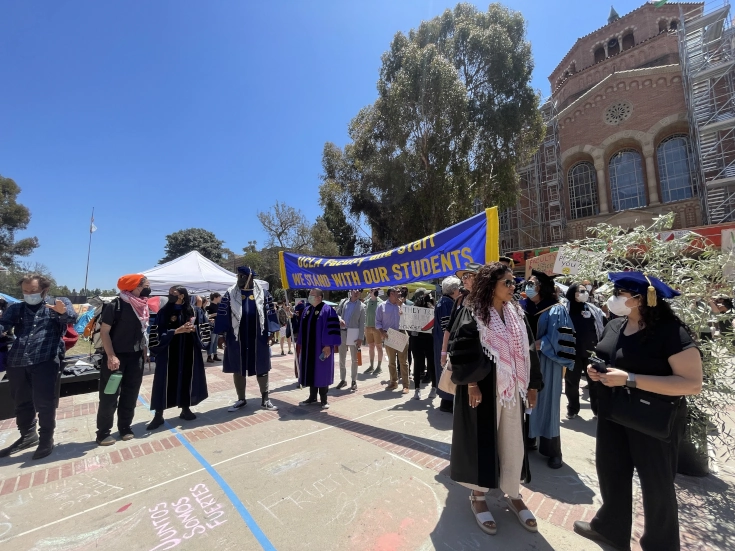
The Rise of Divisive Debates
The Israel-Palestine issue has become increasingly prominent on college campuses, with student groups on both sides of the debate organizing events, rallies, and educational campaigns to promote their perspectives. On one side, pro-Palestinian groups such as Students for Justice in Palestine (SJP) advocate for Palestinian rights and criticize Israeli policies, often framing the conflict as an issue of colonialism and human rights. On the other side, pro-Israel groups such as Hillel and StandWithUs emphasize Israel’s right to self-defense and highlight the historical and security concerns that underpin its policies.
These debates have often been contentious, with accusations of bias, intolerance, and even antisemitism or anti-Arab racism being leveled by both sides. In some cases, events organized by pro-Israel or pro-Palestinian groups have been disrupted or met with counter-protests, leading to heated confrontations. The intense emotions surrounding the conflict can make it difficult for students to engage in constructive dialogue, and there have been instances where campus administrators have had to intervene to ensure the safety and well-being of students. This situation exemplifies a Campus Clash, where deeply held beliefs lead to significant conflicts on campus.
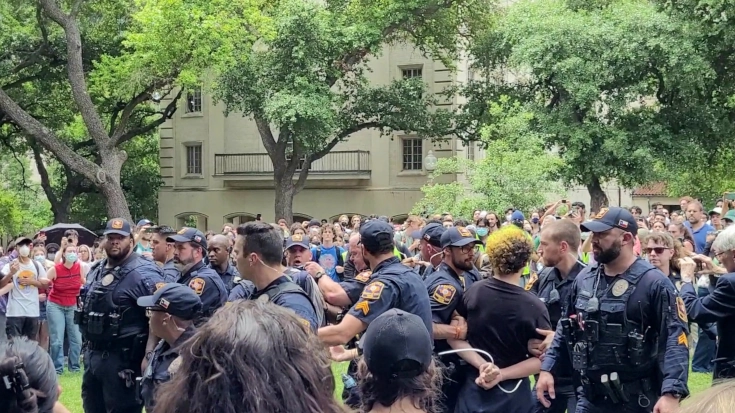
The Impact on Campus Climate
The Israel-Palestine conflict has had a significant impact on the campus climate at many universities, contributing to an environment of division and polarization. For some students, the intensity of the debates and the hostility between opposing groups can create a sense of alienation or fear. Jewish students, in particular, have reported feeling targeted by antisemitic rhetoric or actions, while Palestinian students and their allies have expressed concerns about being silenced or marginalized for their views.
This polarized environment can make it challenging for universities to maintain their commitment to free speech and academic freedom. While it is essential to protect the rights of students to express their views and engage in activism, universities also have a responsibility to ensure that all students feel safe and respected on campus. Striking the right balance between these competing priorities is a delicate and often difficult task. The ongoing Campus Clash over this issue serves as a reminder of the complexities involved in maintaining a healthy campus environment.

The Role of University Administrations
University administrations play a crucial role in managing the challenges associated with the Israel-Palestine issue on campus. Their responses to incidents of conflict or controversy can set the tone for how political debates are conducted and how students navigate these complex issues.
Some universities have implemented policies to promote respectful dialogue and prevent disruptions during events. These policies often include guidelines for student conduct, procedures for reporting and addressing bias or discrimination, and efforts to foster a more inclusive campus environment. In some cases, universities have also organized forums, panel discussions, or educational programs to help students better understand the complexities of the Israel-Palestine conflict and engage in more informed and constructive discussions. These initiatives aim to prevent the escalation of Campus Clashes into full-blown confrontations.
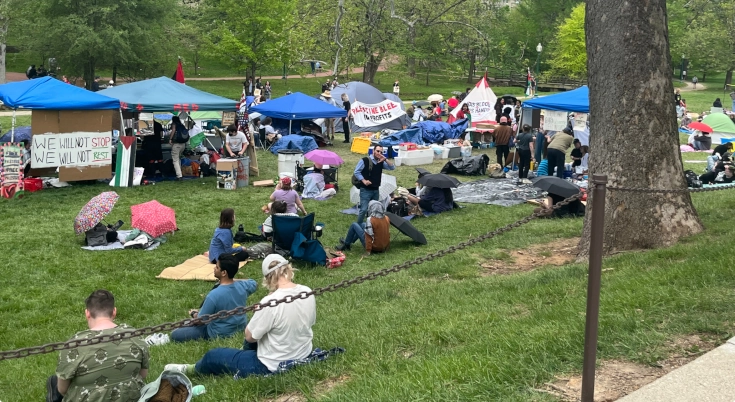
However, the actions of university administrations are not without controversy. Some students and faculty members have criticized administrators for taking sides in the conflict, either by condemning certain forms of activism or by failing to adequately address incidents of bias or discrimination. The challenge for university leaders is to navigate these competing demands while upholding the values of free speech, academic freedom, and inclusivity.
Data and Evidence
Data from the Foundation for Individual Rights in Education (FIRE) reveals that incidents involving free speech and political expression on campuses have been rising. According to a 2023 report, there has been a marked increase in complaints related to speech suppression, with political debates like those surrounding the Israel-Palestine conflict being at the center of many of these incidents . Moreover, a survey by the Anti-Defamation League (ADL) in 2022 found that 43% of Jewish students reported experiencing or witnessing antisemitism on campus, much of it related to discussions around Israel . These statistics underscore the reality of Campus Clashes, where ideological differences can lead to significant tensions and challenges.
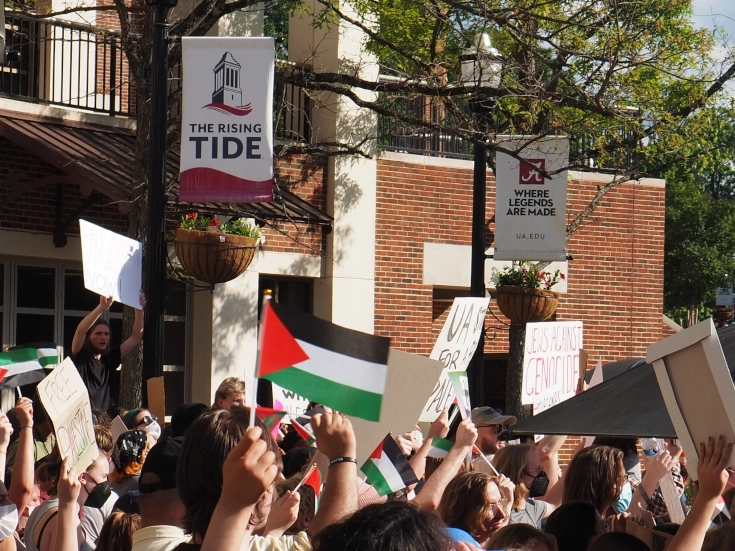
Conclusion: Navigating the Double-Edged Sword of Campus Politics
The politicization of college campuses is a double-edged sword. On one hand, it provides students with valuable opportunities for critical thinking, leadership development, and social engagement. It can also serve as a catalyst for important social change, as students mobilize around issues that are important to them. On the other hand, the increasing intensity of political debates on campuses can lead to polarization, division, and even intolerance, undermining the educational mission of universities and the well-being of students.
The Israel-Palestine issue is a stark example of how politicization can create significant challenges for campus communities. The deeply emotional and contentious nature of this conflict has led to divisions and tensions that have impacted the campus climate at many universities. As universities continue to grapple with this and other politically charged issues, it is essential that they strike a balance between promoting free speech and academic freedom while ensuring that all students feel safe, respected, and included.
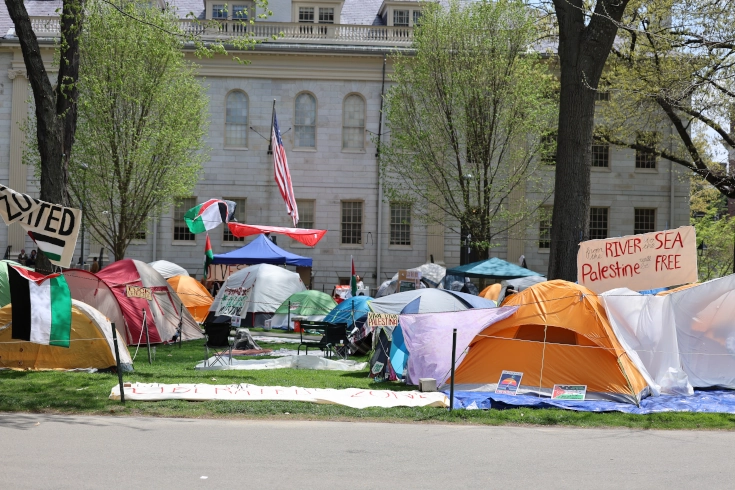
Ultimately, the goal should be to create a campus environment where political engagement is encouraged, but in a way that fosters respectful dialogue, intellectual diversity, and a commitment to the common good. This requires a concerted effort from students, faculty, and administrators alike to navigate the complexities of campus politics with empathy, understanding, and a shared commitment to the values of higher education.
- For more insights on how education is adapting to prepare students for future careers, read our article on Preparing Students for Future Careers: Emerging Trends in Education.
- To learn about the role of technology in enhancing learning experiences, check out our article on The Role of Technology in Modern Classrooms: Enhancing Learning Experiences.

